New Delhi, September 25, 2023: ClimateRISE Alliance unveiled its compendium, 'Interwoven Futures: How Civil Society Organisations Can Accelerate India’s Journey towards Climate Resilience,' during the Dasra Philanthropy Forum in New York. This compendium features 15 case studies showcasing the endeavors of civil society organizations (CSOs) across India, focusing on grassroots-level, intersectional climate action.The compendium meticulously explores the interconnected challenges posed by climate change and its impact on Sustainable Development Goals (SDGs). It underscores the pivotal role of CSOs in driving transformative change and bridging the gap between climate challenges and sustainable development objectives. Each significant SDG, including Zero Hunger, Good Health and Wellbeing, Gender Equality, Sustainable Cities and Communities, Life on Land, and Partnerships for Goals, is addressed in the compendium, offering insights into innovative climate solutions. It advocates for collaborative efforts involving governments, CSOs, and philanthropic entities to address these challenges.
Avinash Krishnamurthy, Director of Biome Environmental Trust, remarked, "It is important to understand what is happening locally and build the capacity of institutes up to the ward level to respond to climate change."
India, ranked as the fifth most vulnerable nation among 181 countries, confronts diverse climate change challenges, ranging from floods and droughts to air pollution. These adversities threaten food security, biodiversity, and could potentially lead to mass migrations, with marginalized communities bearing the brunt despite contributing the least to the crisis.The compendium underscores the significance of local action in addressing the unique challenges faced by individual communities. These solutions, implemented by CSOs, emphasize their interconnectedness with broader social and economic challenges.
Featured organizations such as RythuSadhikaraSamstha (RySS), Professional Assistance for Developmental Action (PRADAN), Pragati Abhiyan, Waste Warriors Society, Mahila Housing Trust, Buzz Women, Reap Benefit, Centre for Wildlife Studies, Swayam ShikshanPrayog, Technology for Wildlife, Ashoka Trust for Research in Ecology and the Environment, Foundation for Ecological Society, Janaagraha, Biome Environmental Trust, and SELCO Foundation are pioneering a range of initiatives:
- Transitioning to holistic approaches like natural farming and agro-ecology
- Strengthening India’s healthcare infrastructure to cope with climate-induced health impacts
- Implementing frameworks for responsive city planning
- Scaling Nature-Based Solutions (NBS) in sectors such as ecological restoration and agroforestry
- Empowering women with knowledge and mainstreaming gender-inclusive policies
Highlighting the critical role of women in steering climate action, Bijal Brahmbhatt, Director of Mahila Housing Trust, commented, “Mahila Housing Trust has consistently promoted a community-based resilience model that is women-led. We envision women as proactive agents of climate action, not just as passive victims."
Moving forward, given India’s pronounced vulnerability to climate change and its significant impact on the SDGs, it is imperative for all stakeholders to unite. The government, CSOs, and philanthropic entities must collaborate for a holistic approach:
- The government should integrate climate considerations into policymaking, collaborate with CSOs, and allocate public budgets for climate action.
- CSOs should embed a climate perspective into their programs and collaborate with other organizations to scale best practices.
- Philanthropic organizations should urgently invest in climate action, adopt an intersectional approach, and transition from project-based funding to long-term impact for sustained climate action.
This compendium, built upon Dasra and ORF’s extensive climate report, offers an opportunity for collective, transformative action, emphasizing the power of collaboration in addressing the multifaceted challenges of the climate crisis.





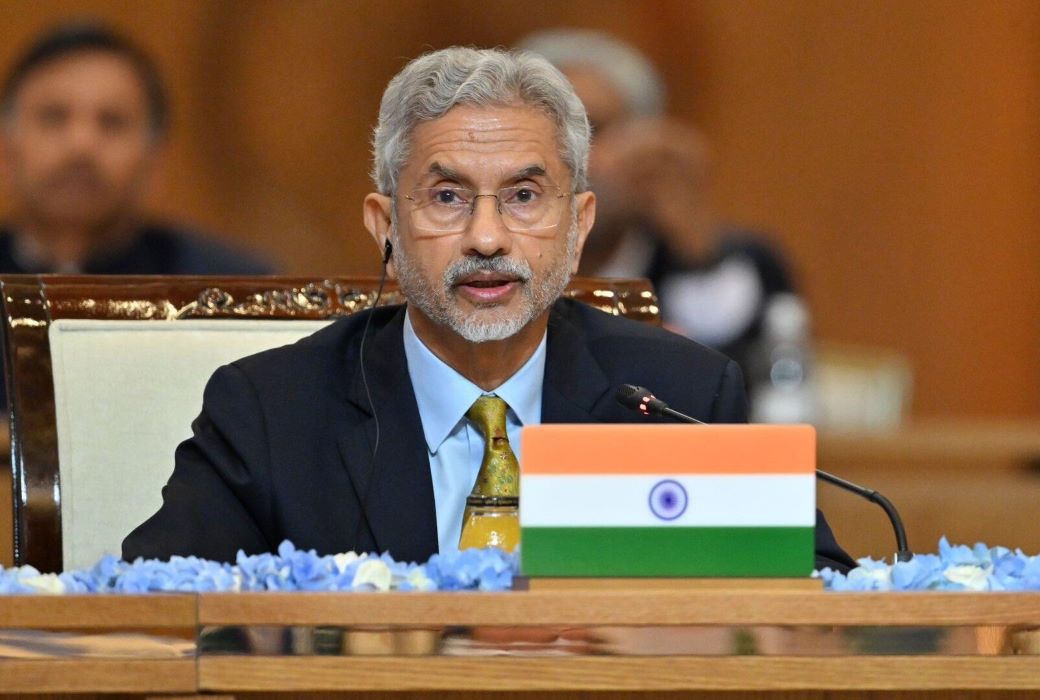
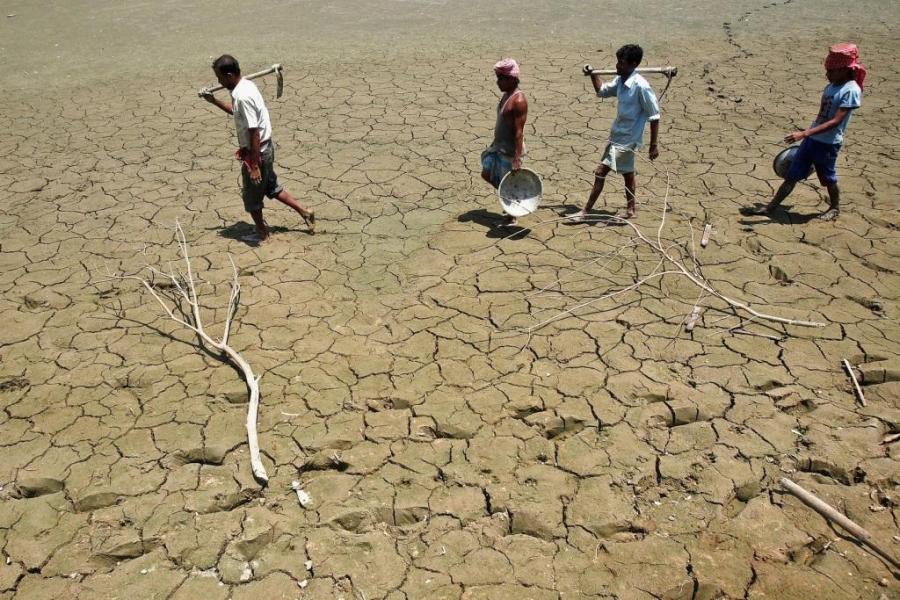
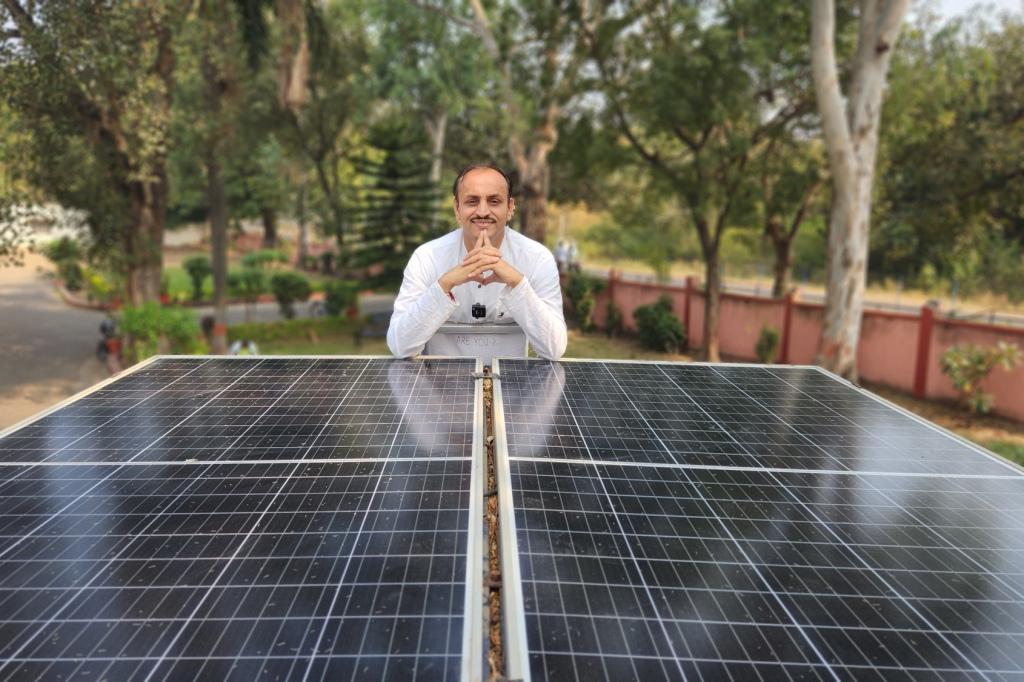

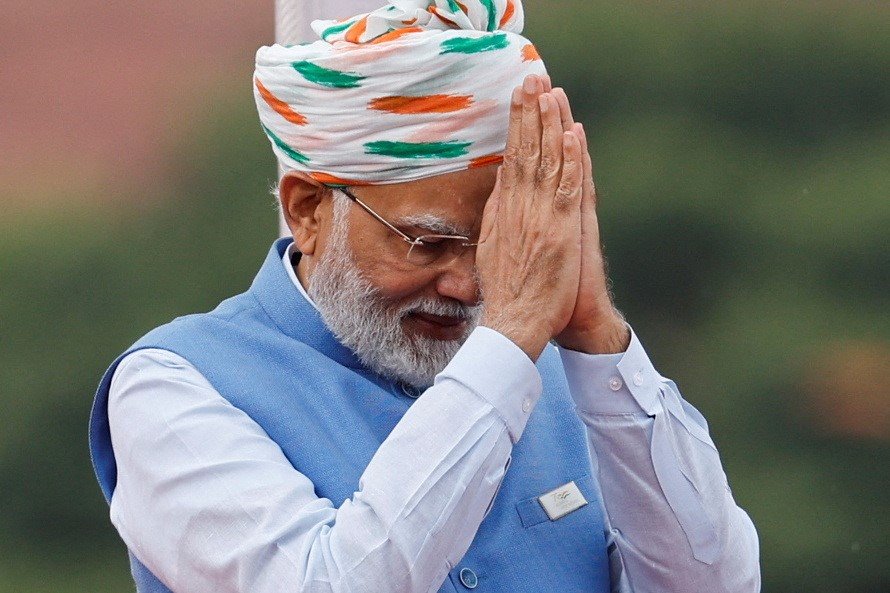
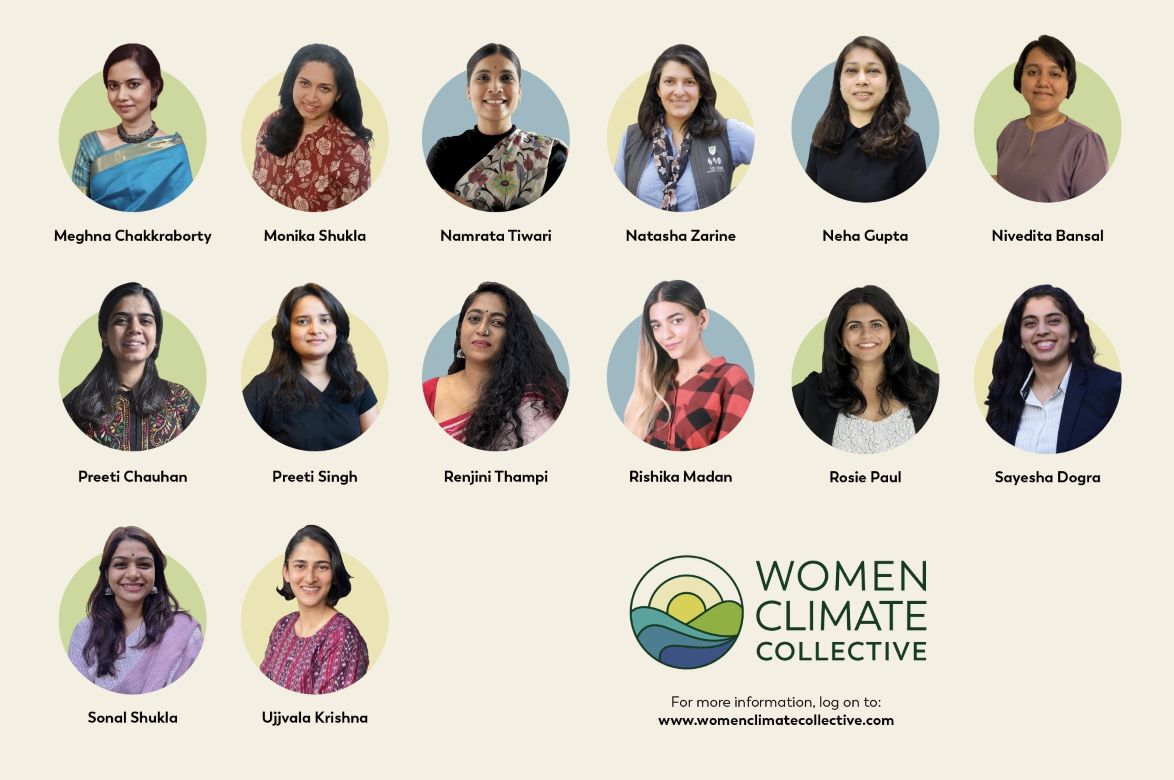
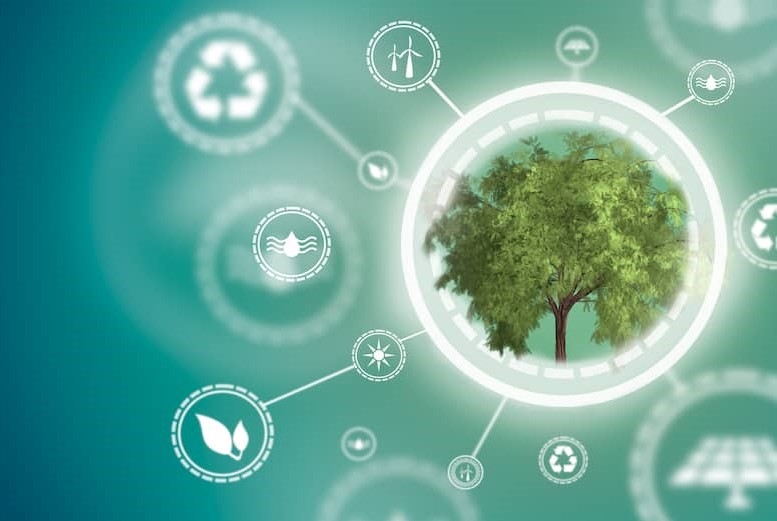



.jpg)



